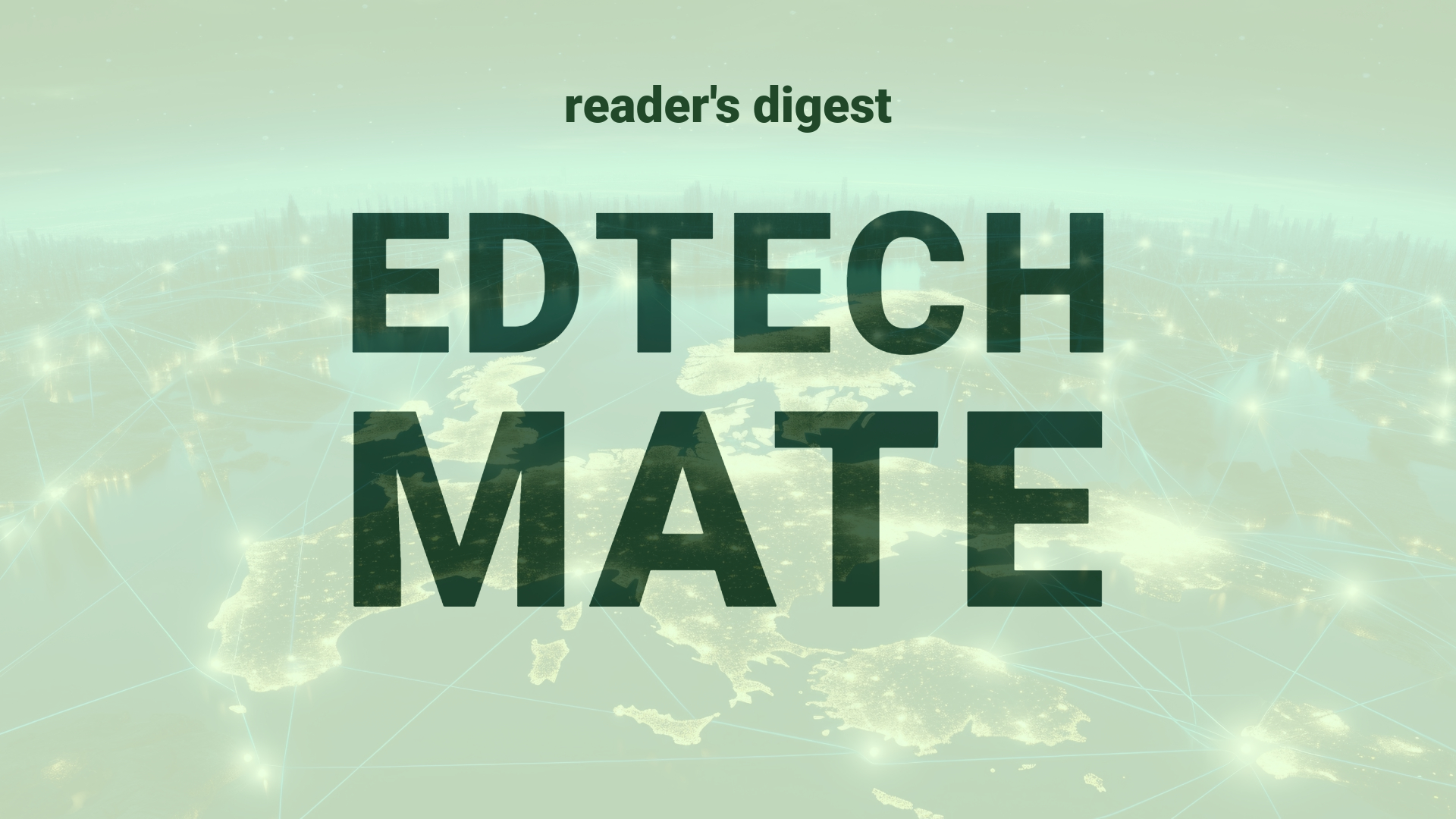“`html
Executive Summary and Main Points
The integration of Artificial Intelligence (AI) in the field of global higher education has been experiencing remarkable growth. Despite the exponential development and untapped potential of AI, its adoption and effective utilization are not guaranteed. For AI innovations to be truly transformative, they must be desirable to users, technically feasible, and commercially viable. The focus should be on fostering an innovation culture in organizations, targeting real-world applications that benefit society and businesses, thus allowing the technology to reshape the educational landscape and labor market.
Potential Impact in the Education Sector
The imminent AI revolution could significantly impact Further Education (FE), Higher Education (HE), and Micro-credentials by enhancing customization and personalization of teaching and learning methodologies. Strategic collaborations between educational institutions and tech companies could lead to the creation of AI-driven platforms that tailor educational content to individual student needs. Enhanced digitalization in the sector could result in streamlined administrative processes and unique, marketable micro-credentials that align closely with emerging industry requirements.
Potential Applicability in the Education Sector
AI has the potential to become an indispensable educational assistant, facilitating innovative teaching strategies and responsive learning environments. Through tools like predictive analytics for student performance, intelligent tutoring systems, and automated grading, educators gain more time for qualitative interactions with students. AI could also bridge the gap between academic curricula and professional skill demands, emphasizing the creation of dynamic, competency-based micro-credentialing systems adaptable to global education standards.
Criticism and Potential Shortfalls
The trajectory of AI in education must be approached with caution. Real-world challenges include the potential for amplifying existing biases, over-reliance on technology, and threats to data security. Comparative international case studies demonstrate varying levels of AI integration success, further complicated by diverse cultural and ethical considerations. A critical analysis should weigh such implications against the potential benefits to ensure responsible and equitable application of AI in education.
Actionable Recommendations
To integrate AI effectively, educational leaders should consider practical steps such as creating multi-stakeholder partnerships that focus on innovation, investing in ethical AI research, and implementing policies that ensure the equitable distribution of digital tools. Talent development, through ongoing professional development in AI literacy for educators, will be vital. Furthermore, pilot projects involving AI applications in teaching and learning should be encouraged, with an iterative approach to their adoption, allowing for feedback and continuous improvement.
“`
Source article: https://www.cio.com/article/2511223/il-successo-dellia-dipende-da-una-buona-cultura-dellinnovazione.html

